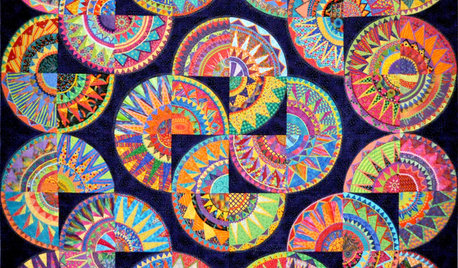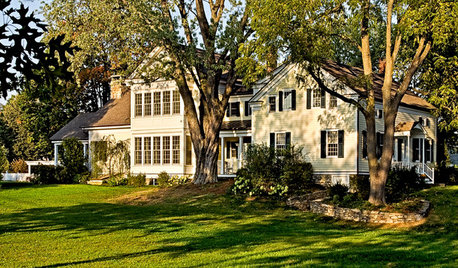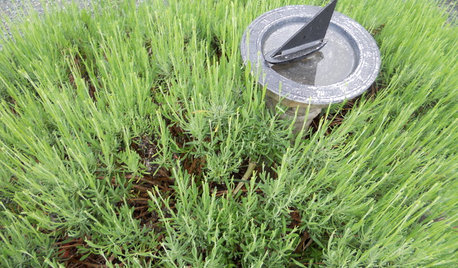Roses - New York Times
henry_kuska
11 years ago
Related Stories

ARTShow News: Rare Quilts Get Museum Time
See 6 intricate designs from a California exhibition and get tips for building your own quilt collection
Full Story
CHRISTMASNew York's Wilderstein House Dresses Up for Christmas
See how local designers have transformed this historic Queen Anne–style home with stunning holiday displays
Full Story
MY HOUZZMy Houzz: Color and Comfort in Upstate New York
Flea market finds mix with reimagined pieces in pastel hues in this beautiful traditional home
Full Story
HOUZZ TOURSHouzz Tour: Fresh Update for a New York Country Home
Historic farmhouse blends the best of the old with welcoming new spaces for today
Full Story
FALL GARDENINGWhy Fall Is the Best Time for Planting
Spring is overrated for planting. Starting plants in autumn has advantages for both garden and gardener
Full Story
OUTDOOR ACCESSORIESIs It Time for a Sundial in Your Garden?
Welcome spring and add intrigue to your landscape with a sundial as functional art or fanciful decoration
Full Story
WINTER GARDENINGPruning Secrets for Exquisite Roses
Encourage gorgeous blooms year after year with this time-tested advice on how to prune your rosebush in winter for health and shape
Full Story
TROPICAL STYLEMy Houzz: New York Chic and Laid-Back Hawaiian Style on Maui
A relocating New Yorker designs an island home influenced by her former city life
Full Story
HOUZZ TOURSHouzz Tour: Breathing Easy in the New York Suburbs
Low-chemical furnishings make a family home easy on the nose, while transitional style makes it easy on the eyes
Full Story
TRAVEL BY DESIGNHouzz Travel Guide: New York City for Design Lovers
Where to stay, shop, eat and explore in the Big Apple, from a design-minded architect who lives there
Full StorySponsored
Leading Interior Designers in Columbus, Ohio & Ponte Vedra, Florida






tahoekay
susanswoods
Related Discussions
New York Times Reviews Gardening Apps
Q
new 5-9-2013 rose rosette article - Hudson Valley New York
Q
New York Times rose article
Q
New York Times - Secret to happiness
Q
nitric_acid
henry_kuskaOriginal Author
milleruszk
rosetom
onederw
henry_kuskaOriginal Author
dublinbay z6 (KS)
rosetom
roseseek
dublinbay z6 (KS)
buford
rosesinny
rosetom
henry_kuskaOriginal Author
henry_kuskaOriginal Author
User
Kippy
buford
User
nitric_acid
User
buford
User